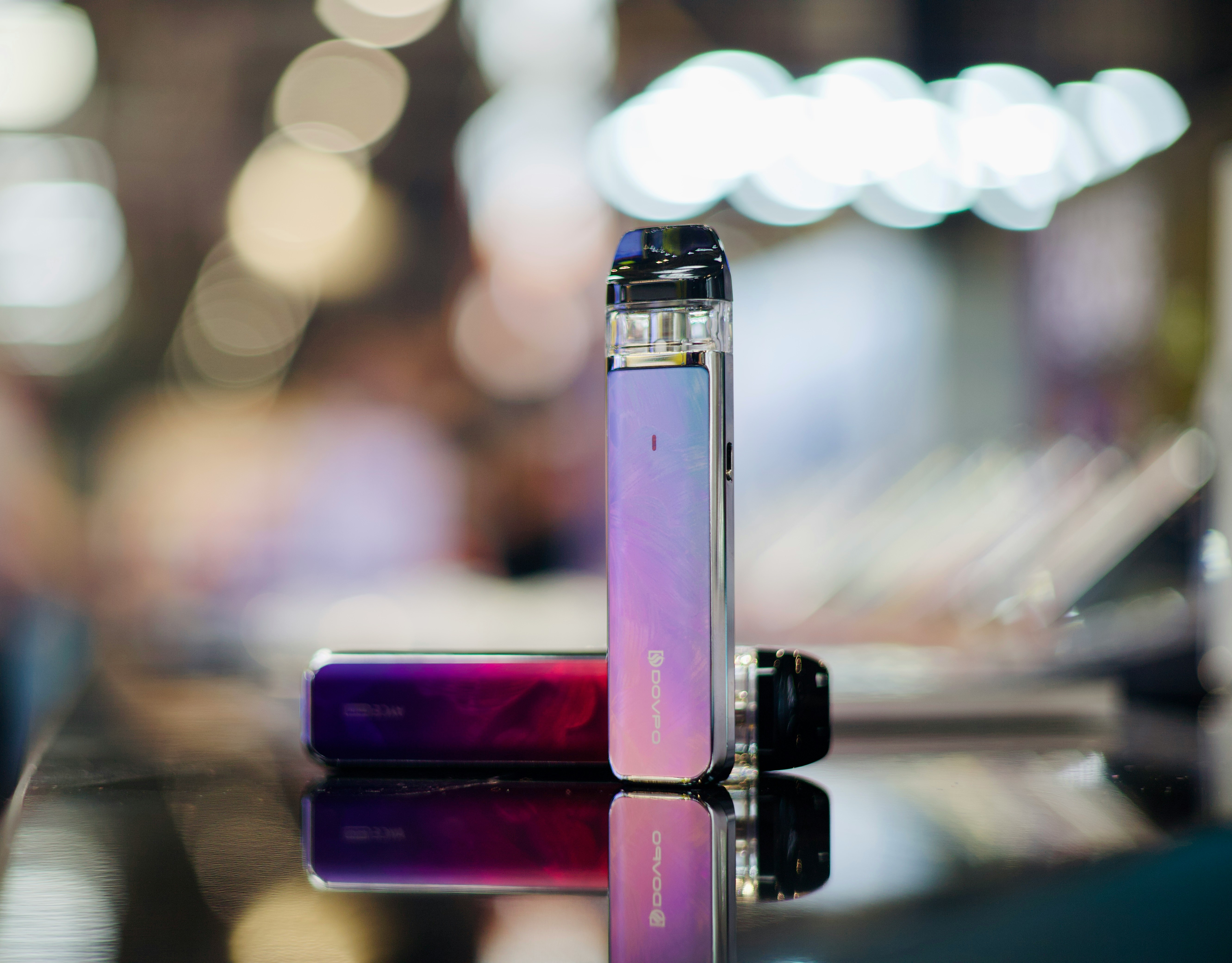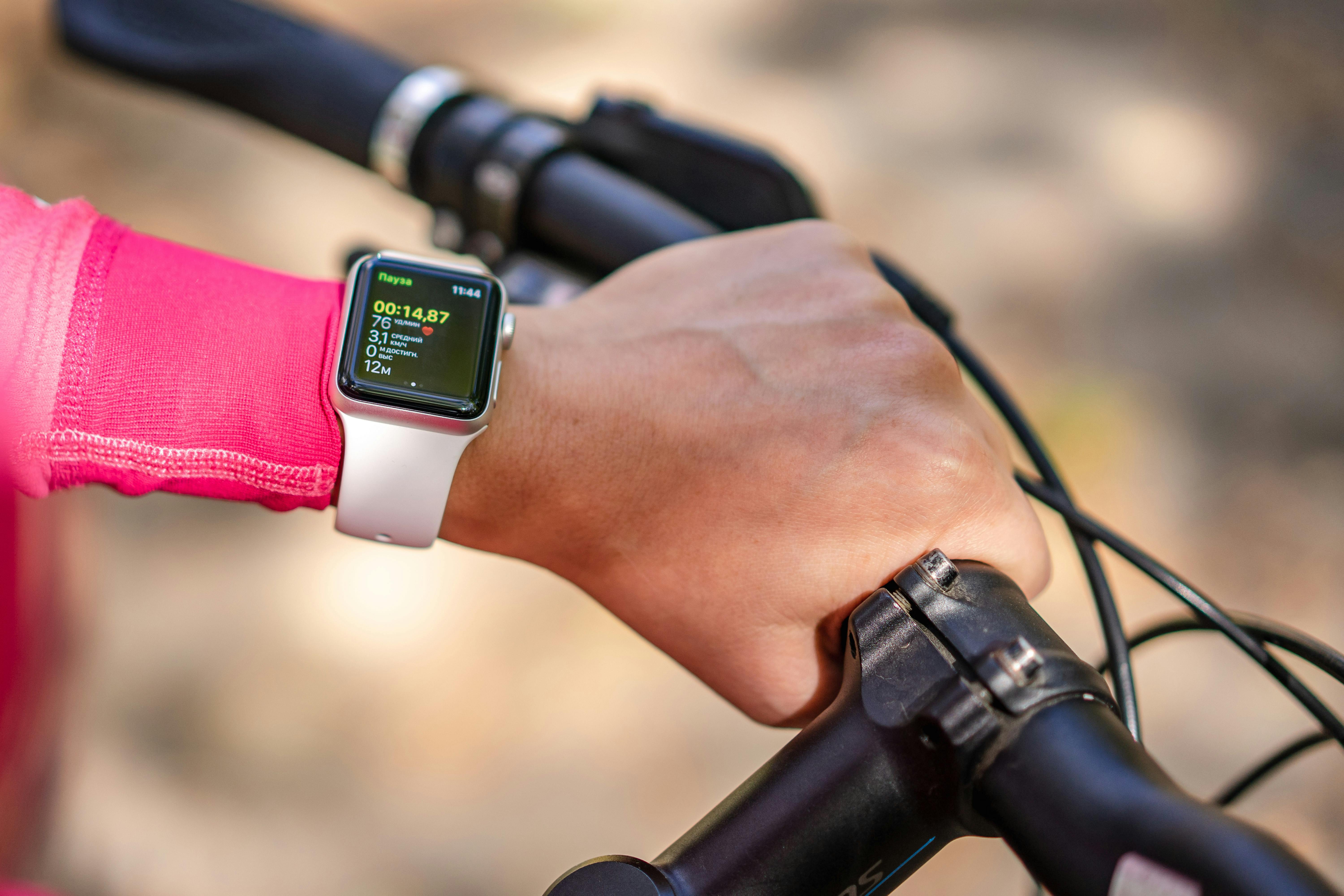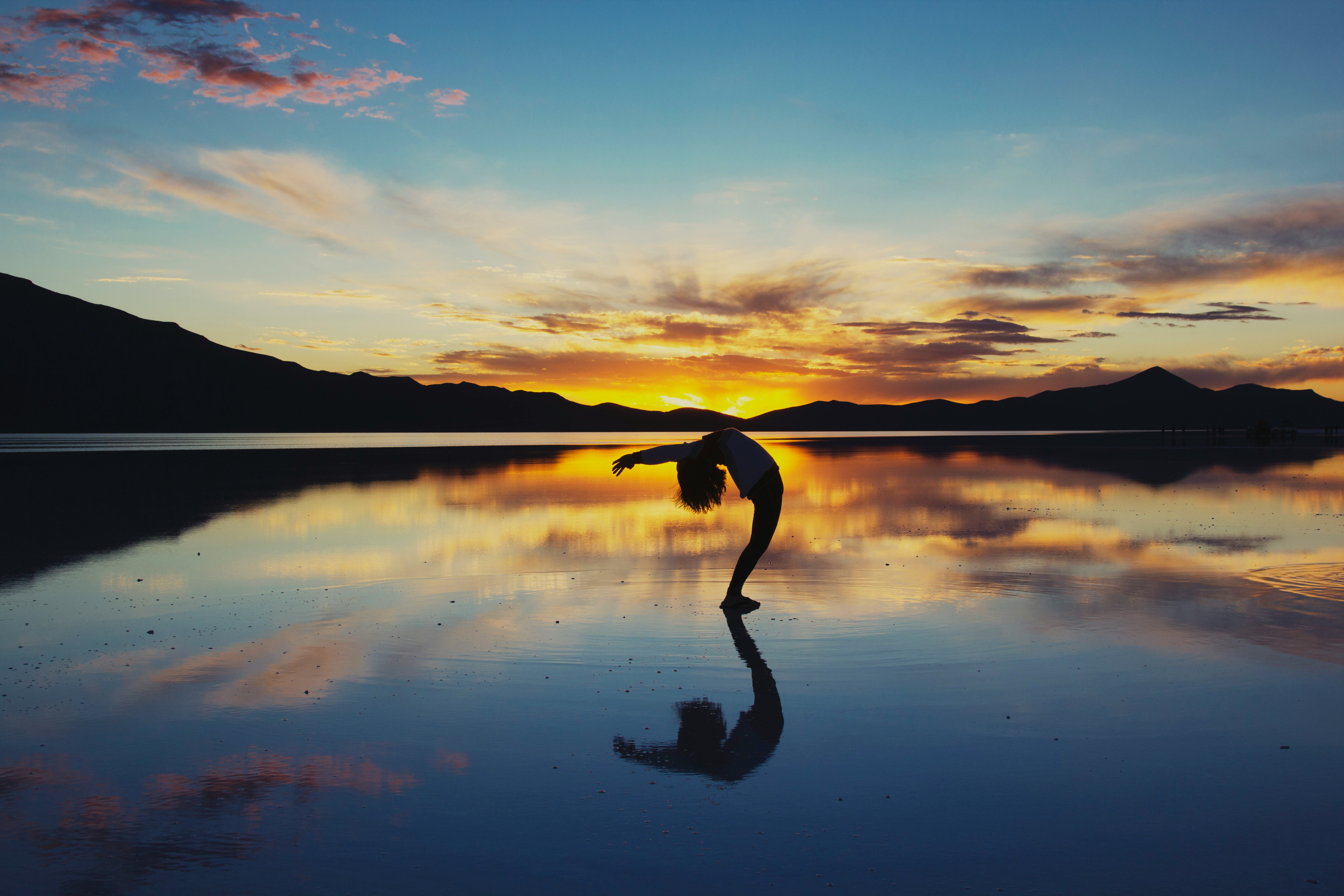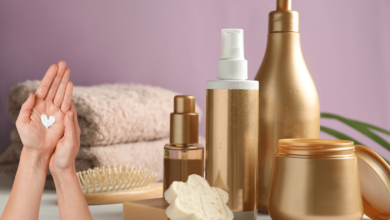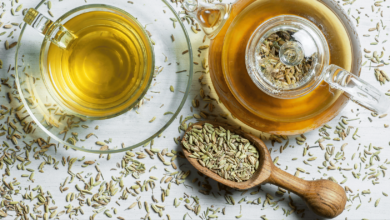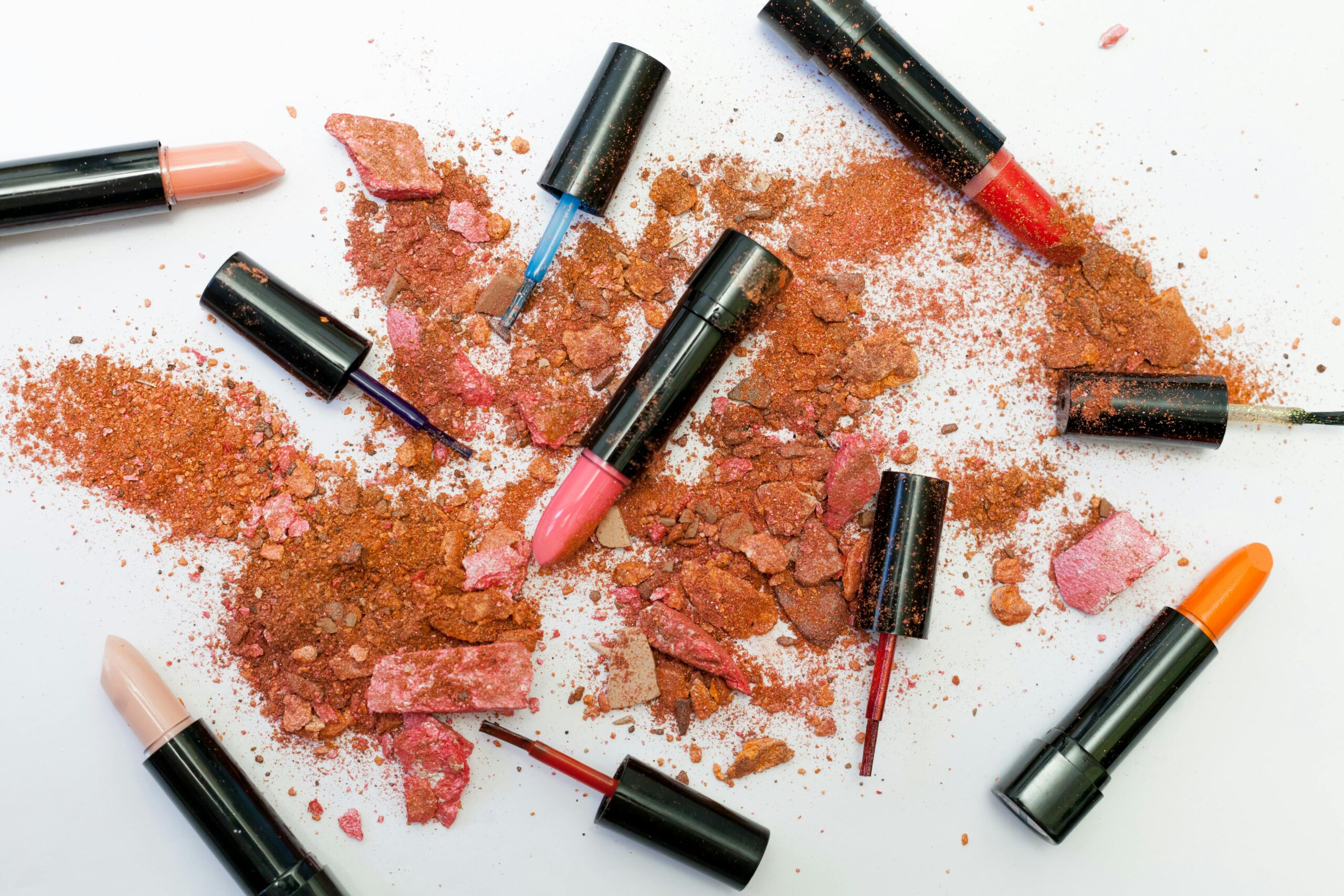The Real Benefits of Cold Showers: Myth or Magic?
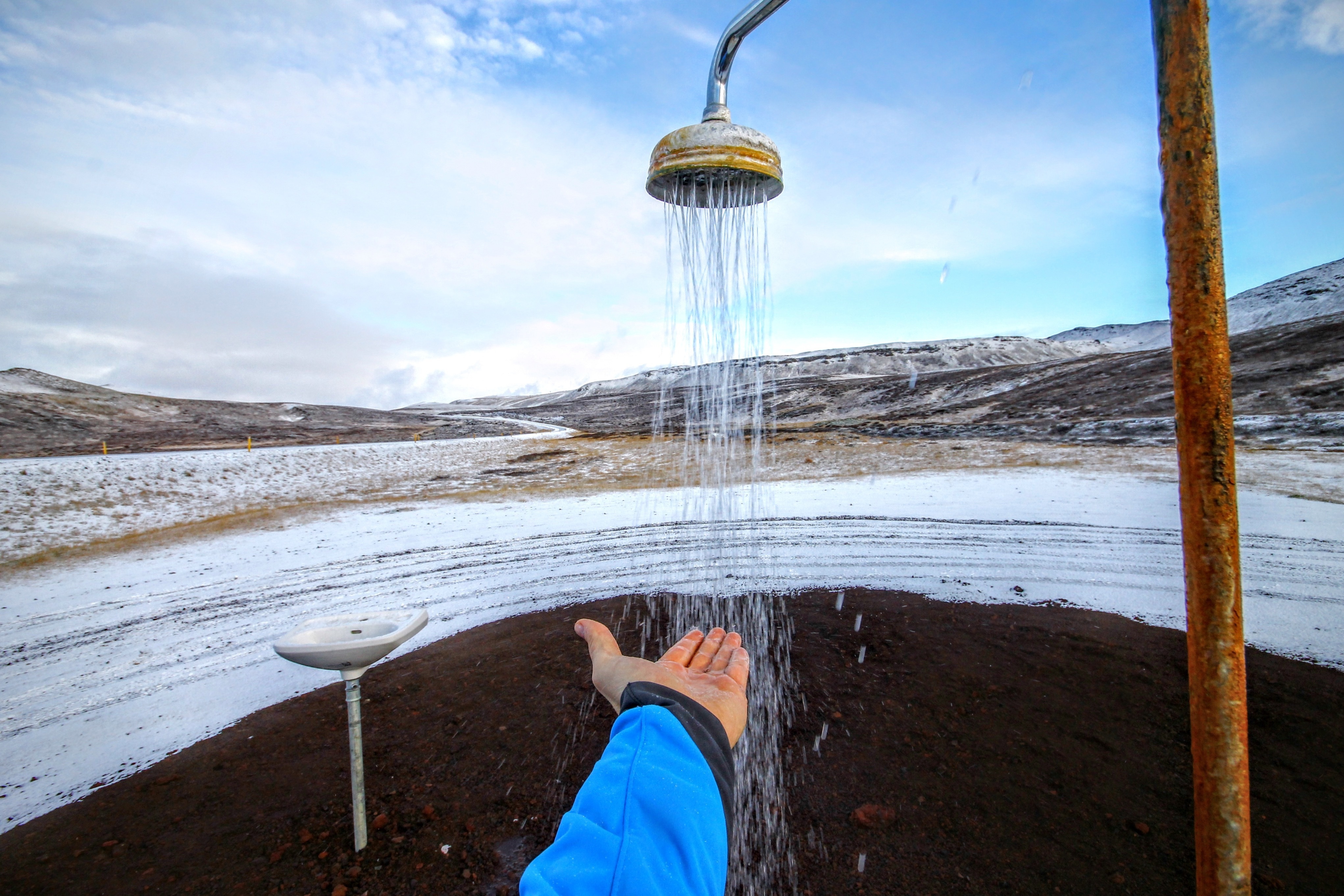
(WE) — Cold showers have become a rising trend, especially among athletes and wellness advocates. Influencers and celebrities praise them for benefits like better circulation and sharper focus. But are these effects real, or just hype?
This article explores the science-backed benefits of cold showers. We’ll look at how cold water may affect your body and mind—and whether it’s worth the daily shock.
What Is a Cold Shower?
A cold shower typically involves water temperatures between 50°F and 60°F (10°C to 15°C). That’s much colder than the average warm shower, which sits around 100°F (38°C).
People often link cold showers to discomfort. But advocates say this temporary stress triggers positive health responses. Cold exposure has existed for centuries. The ancient Greeks used cold baths after training. Finnish saunas end with plunges into icy lakes. Today, some use cold showers to replicate those benefits without leaving home.
Are Cold Showers a Gimmick?
Cold showers have become a popular trend, especially among fitness influencers, wellness coaches, and productivity experts. But are they just another health gimmick, or do they offer real benefits?
While cold showers may sound like a fad, science suggests they are not entirely hype. Studies have shown that cold exposure activates the sympathetic nervous system, increases levels of norepinephrine, and boosts alertness and energy. Athletes have used cold water immersion for decades to reduce muscle soreness and inflammation, and similar benefits can be gained from regular cold showers.
There’s also growing evidence that cold exposure improves circulation, supports immunity, and may even enhance mental health by increasing endorphins and reducing depressive symptoms. In one Dutch study, people who took cold showers for just 30 seconds daily reported fewer sick days from work.
That said, cold showers are not a miracle cure. They won’t replace proper diet, sleep, exercise, or medical treatment. Claims that they dramatically boost metabolism or “detox” the body are overstated. And for people with heart problems, asthma, or other conditions, cold showers could even pose risks if not done carefully.
So, are cold showers a gimmick? Not really. They’re a simple, low-cost method with some genuine benefits backed by science. However, they’re also often overhyped by influencers looking for the next viral wellness trend. The key is moderation and realism—cold showers can complement a healthy lifestyle but shouldn’t be seen as a magic fix.
If you’re curious, start small: try ending your warm shower with 30 seconds of cold water. You might be surprised by the mental and physical boost it provides.
Are there actual benefits to cold showers?
Yes, there are actual, science-backed benefits to taking cold showers. While not a miracle cure, cold exposure triggers specific physiological responses that can positively impact your health and well-being.
Here are 10 real benefits of cold showers:
1. Cold Showers May Boost Circulation
Cold showers trigger vasoconstriction—your blood vessels tighten to preserve body heat. Once you warm up, the vessels expand again. This cycle may improve blood flow and oxygen delivery throughout the body.
Improved circulation helps the cardiovascular system work more efficiently. Some research shows cold exposure lowers blood pressure and supports heart health. A study in Frontiers in Physiology found cold water increased circulation and heart rate in healthy individuals.
This makes cold showers a useful tool for people with sluggish circulation or those recovering from long periods of sitting.
2. Cold Exposure Can Strengthen the Immune System
Cold showers may boost the immune system by stimulating the body to produce more white blood cells. These cells play a crucial role in fighting infections and enhancing overall immune function.
A study in the European Journal of Applied Physiology tracked participants who took cold showers over weeks. The results showed increased levels of circulating immune cells.
These changes could mean better immune defense. However, not all experts agree. Some argue the benefits are short-term or linked more to overall lifestyle than cold exposure alone. More research is needed for conclusive results.
Read More:
- 20 Easy Ways to Save Money That You Haven’t Tried Yet
- 5 Things to Stop Doing in the Morning for a Better Day
- Carrot Bouquet Centerpieces: A Vibrant and Creative Springtime Idea
3. Cold Water Trains the Mind to Handle Stress
Facing a cold shower isn’t easy, and that’s the point. Cold water exposure activates the sympathetic nervous system, which triggers a stress response. This trains your brain and body to tolerate discomfort more effectively.
The concept of hormesis explains this: a small amount of stress can make your system stronger. Over time, repeated cold exposure may help you stay calm in other stressful situations.
A study in the International Journal of Circumpolar Health reported better mood and less anxiety in people who took regular cold plunges. Many also reported higher energy levels and improved resilience.
4. Cold Water May Improve Skin and Hair
Hot showers strip away the natural oils that keep skin and hair healthy. Cold water, by contrast, helps preserve moisture.
Many people say cold showers make their skin feel tighter and their hair look shinier. That’s because cold water causes pores and hair cuticles to tighten, reducing oil production and frizz.
While evidence is mostly anecdotal, dermatologists agree that shorter, cooler showers are gentler on the skin. For people with dry or irritated skin, cold showers may offer relief.
5. Cold Showers Could Help Burn Fat
Your body contains brown adipose tissue (BAT), or “brown fat.” Unlike white fat, brown fat burns calories to produce heat. Cold exposure activates brown fat to keep your body warm.
A Journal of Clinical Investigation study found that participants exposed to cold had more active brown fat and burned more calories.
That doesn’t mean cold showers melt pounds off instantly. But they may give your metabolism a small boost—especially when paired with diet and exercise.
6. They Help Relieve Muscle Soreness
Athletes often use cold water immersion to recover after intense workouts. The cold reduces inflammation, which eases muscle soreness and speeds up recovery.
Cold showers won’t deliver the full effects of an ice bath, but they can still help. A study in the Journal of Sports Sciences confirmed that cold exposure after exercise helped reduce delayed onset muscle soreness (DOMS).
Try a 30–60 second cold rinse after your post-workout shower to experience some of these benefits.
7. Cold Showers May Sharpen Focus
The jolt of cold water can give your brain a real wake-up call. Cold exposure stimulates the release of norepinephrine, a chemical linked to focus and alertness.
Many people feel more awake and alert after a cold shower. That’s why some entrepreneurs, athletes, and CEOs start their day with cold exposure.
While not a substitute for sleep or caffeine, cold showers can give you a sharper edge in the morning.
8. They Might Improve Mood and Fight Depression
Cold showers may also benefit people with depression. Cold water sends strong electrical impulses to the brain. These signals increase levels of beta-endorphins—natural mood boosters.
One theory says cold showers act like mild electroshock therapy. They stimulate the brain and nervous system, which may improve mood.
A small clinical trial led by Dr. Nikolai Shevchuk, published in Medical Hypotheses, proposed that regular cold showers could help manage depression. While early results were promising, the study also advised more trials for confirmation.
9. Cold Showers Could Build Mental Discipline
Choosing discomfort builds discipline. Stepping into a cold shower requires willpower. Doing it daily reinforces your ability to make hard choices—even when there’s no external pressure.
This benefit often goes unmeasured by science, but it’s widely reported by those who practice cold exposure regularly. Entrepreneurs like Wim Hof have built entire methods around mental control through cold.
Consistency in facing cold water can translate to other parts of life, such as sticking to a workout or managing stress at work.
10. Cold Showers May Help You Sleep Better
It may sound counterintuitive, but cold exposure can help improve sleep quality. While hot showers raise body temperature and help relax muscles, cold showers can lower your core temperature—helping you fall asleep faster.
After the cold shock, your body warms up again. This rebound effect mimics the natural drop in body temperature that signals the brain it’s time for rest.
Some people find a cold shower before bed helps reduce anxiety and slow their racing thoughts. Everyone’s body reacts differently, so experiment with timing to see what works best for you.
Is Cold Exposure Scientifically Proven?
Yes, cold exposure is backed by research showing multiple health benefits. One of the best‑documented effects involves circulation. Cold water triggers vasoconstriction, causing blood vessels to tighten and send blood to vital organs. When the body reheats, vessels dilate, which improves overall blood flow and cardiovascular function. Studies published in Frontiers in Physiology demonstrate these effects, reporting short‑term increases in heart rate and tissue oxygenation.
Additionally, cold exposure activates brown adipose tissue (BAT), a calorie‑burning fat that produces heat. Regular cold exposure increases active brown fat, raising metabolic rate and potentially aiding fat loss. A landmark study in the Journal of Clinical Investigation confirmed that human brown fat activates in response to cold, helping maintain body temperature.
Cold showers also link to stronger immune function. A trial in PLOS One found that participants who added a 30‑second cold rinse to their showers took 29% fewer sick days—likely due to boosted white blood cell production. Moreover, cold water stimulates the nervous system, increasing norepinephrine levels for better alertness and reduced depressive symptoms. Research on the Wim Hof Method shows that combining cold exposure with breathing techniques can regulate immunity and lower stress.
Risks and Cautions
While cold showers offer many benefits, they aren’t for everyone. People with heart conditions, asthma, or Raynaud’s disease should talk to a doctor before trying cold exposure.
Jumping into ice-cold water can cause sudden increases in heart rate and blood pressure. Always start gradually. Begin with warm water and finish with a 30-second cold rinse. Increase duration over time as your body adapts.
If you feel dizzy, numb, or short of breath, stop immediately and warm up.
Final Verdict: Myth or Magic?
Cold showers may not be magic, but they aren’t a myth either. Science supports many of the claims made by advocates—from better circulation to mental resilience.
Still, cold showers aren’t a cure-all. They work best as part of a healthy lifestyle that includes good nutrition, sleep, and exercise.
So are cold showers worth it? If you’re looking to boost energy, improve focus, or sharpen discipline—they just might be. Try it for a week and see how your body and mind respond.
Sources
- Harvard Health Publishing
- Frontiers in Physiology – Cold exposure and cardiovascular health
- Journal of Clinical Investigation – Brown fat activation in humans


